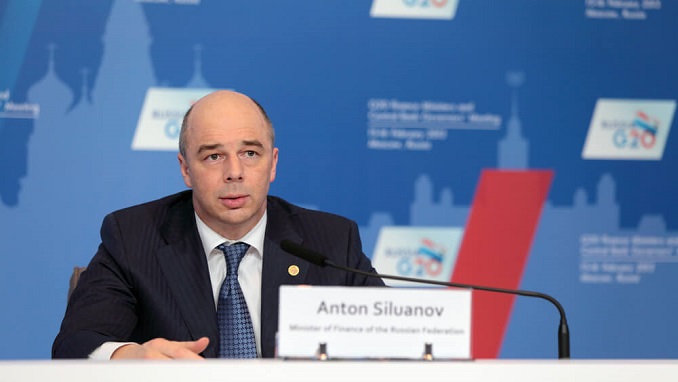A series of amendments to Russia’s Tax Code concerning both individuals and legal entities have come into force starting from January 1, TASS news agency reports.
The cancellation of property tax for legal entities has become one of the important amendments to the Code. First Deputy Minister, Finance Minister Anton Siluanov believes that will serve as a compensation measure for the business sector given the VAT (value-added tax) hike from 18% to 20%.
According to Moscow’s department of economic policy and development, the tax exemption on organizations’ moveable property will diminish the debt burden on businesses in the Moscow Region by around 13%.
The rules for control transactions have changed for legal entities starting January 1. Now the Tax Service will monitor deals if the income figures during the calendar year surpass 60 million rubles ($862,870) for transactions with foreign affiliated parties and 1 billion rubles (or $14.38 million) for domestic transactions. The measure is set to help the Federal Tax Service keep track of companies amid canceled transfer pricing and the abolished institution of the consolidated taxpayers’ group.
Big agriculture enterprises will be obliged to pay the value-added tax instead of the unified agricultural tax starting January 1, 2019, unless they exercise the right to the exemption.
A source in the Agriculture Ministry explained that the new regulation enables agriculture producers with an aggregate income of less than 100 million rubles ($1.4 million) in 2018 to apply to the tax authorities for a VAT tax exemption. The ministry suggests that the measure helps ease red tape and mutual settlements between big and small producers.












